Nuclear official slams IAEA demands from Iran as ‘excessive’
The spokesman for the Atomic Energy Organization of Iran (AEOI) has described the International Atomic Energy Agency’s (IAEA) demands as “excessive,” saying they cannot be implemented due to the sanctions in place against the Islamic Republic.
“We consider the IAEA’s demands excessive, because their implementation is impossible due to sanctions,” Behrouz Kamalvandi said on Tuesday.
Kamalvandi elaborated on the current scope of Iran-IAEA ties, saying Tehran’s cooperation with the UN nuclear watchdog is based on the Comprehensive Safeguards Agreement (CSA), which, he added, revolves around the agency’s inspection of nuclear materials.
Aside from the CSA, he added, countries adhering to the Additional Protocol, have undertaken to give the IAEA access for inspection of their uranium enrichment equipment as well.
The official said Iran used to provide the UN nuclear watchdog with even broader access for inspection as part of the 2015 nuclear deal, which is currently in trouble due to Washington’s unilateral exit.
Iran, he said, decided to restrict the scope of its cooperation with the IAEA to the SCA under a law approved by the Iranian Parliament in late 2020, entitled “The Strategic Action Plan to Counter Sanctions.”
The law tasked the Iranian administration to take a set of measures to protect national interests, including limiting cooperation with the IAEA, in response to Washington’s withdrawal from the 2015 nuclear deal and the European signatories’ failure to uphold their contractual commitments to Tehran.
Kamalvandi added, however, that “if the West lifts the sanctions and lives up to its own commitments under the nuclear deal, Iran will reciprocate,” he added.
Referring to Iran’s removal of 27 surveillance cameras at different nuclear sites, Kamalvandi said that if the other parties return to their commitments, it would be possible for the devices and cameras to be reinstalled.
Tehran will continue its constructive cooperation with the UN nuclear agency in line with its commitments under the CSA, the official added.
Iran ratified the Nuclear Nonproliferation Treaty (NPT) in 1970, which requires nonnuclear-weapon states to accept comprehensive IAEA safeguards. Four years later, Tehran concluded a comprehensive safeguards agreement with the IAEA.
As a goodwill gesture, Iran voluntarily chose to have extensive cooperation with the UN nuclear agency, beyond the safeguards agreement.
Back in June, Iran decided to stop its voluntary cooperation with the UN nuclear agency, while stressing that Iran’s commitments under the agreement will continue.
Iran and the IAEA are currently locked in a dispute triggered by the agency’s Israeli-influenced accusations, which were leveled against Tehran’s peaceful nuclear activities just as the Islamic Republic and other parties to the Iran deal appeared close to an agreement on reviving the Iran deal.
Iran asserts that an agreement on the revival of the Iran nuclear deal hinges on the settlement of Safeguards issues between Tehran and the IAEA, and that without settling those issues, reviving the 2015 accord makes no sense.
Last week, IAEA chief Rafael Grossi repeated previous accusations against the Islamic Republic, calling on Iran to explain what he claimed to be “traces of enriched uranium” found at the country’s nuclear research sites three years ago.
In an interview with with CNN on August 22, Grossi said the Agency would not drop that probe without “technically credible explanations” from Iran.
This is while Iran has already provided the necessary information and access to the IAEA.
Spain jurists demand ties with Israel ties be cut
VIDEO | Press TV's news headlines
VIDEO | Iran honors top Science Olympiad medalists
VIDEO | Austrians arrested at Gaza protest in Vienna
10 killed in bus crash in western Iran
VIDEO | One-man-band journalism with Civili
5 Israeli forces killed as Palestinian fighters face up to regime’s war machine
VIDEO | An insider's view of the country: Persian Tahini, Royan in Mazandaran


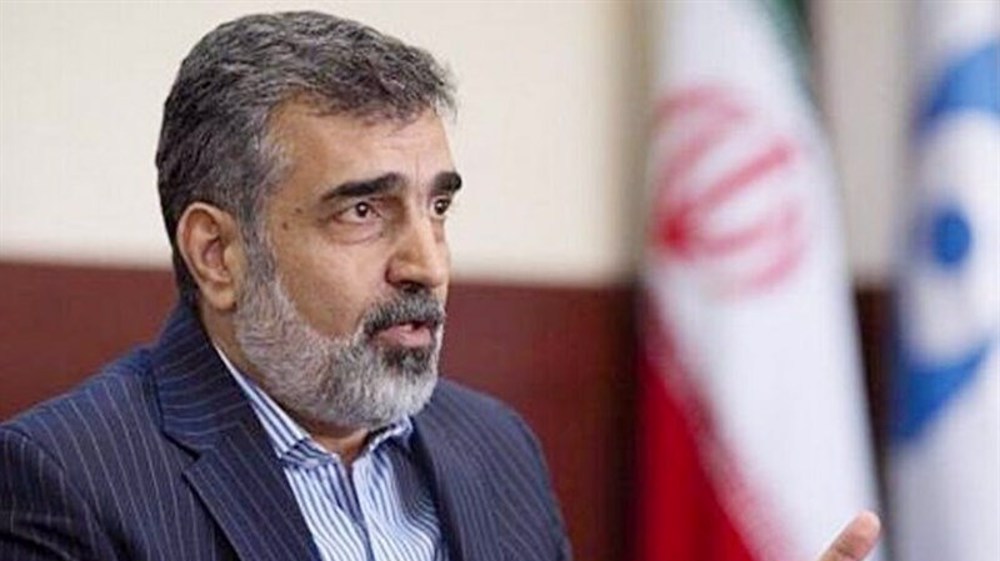
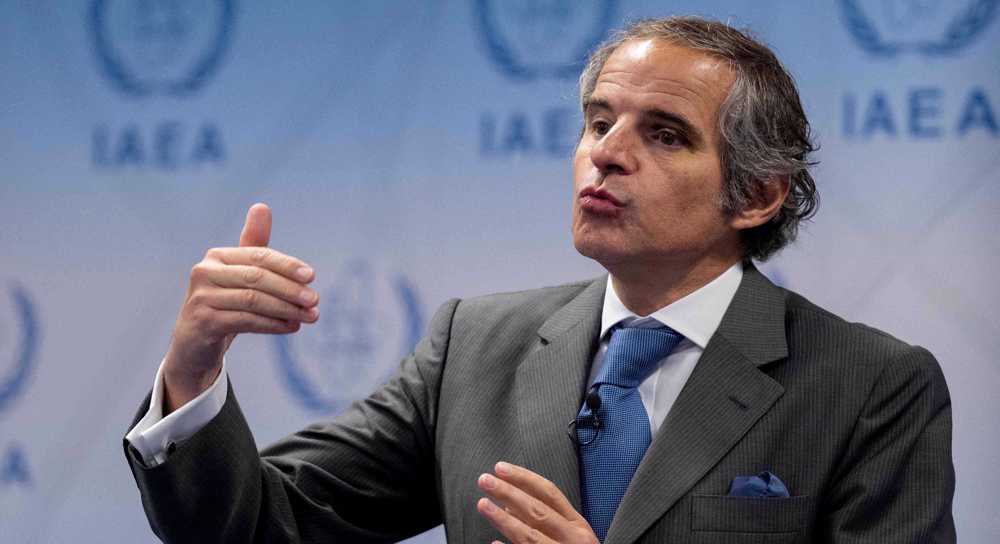
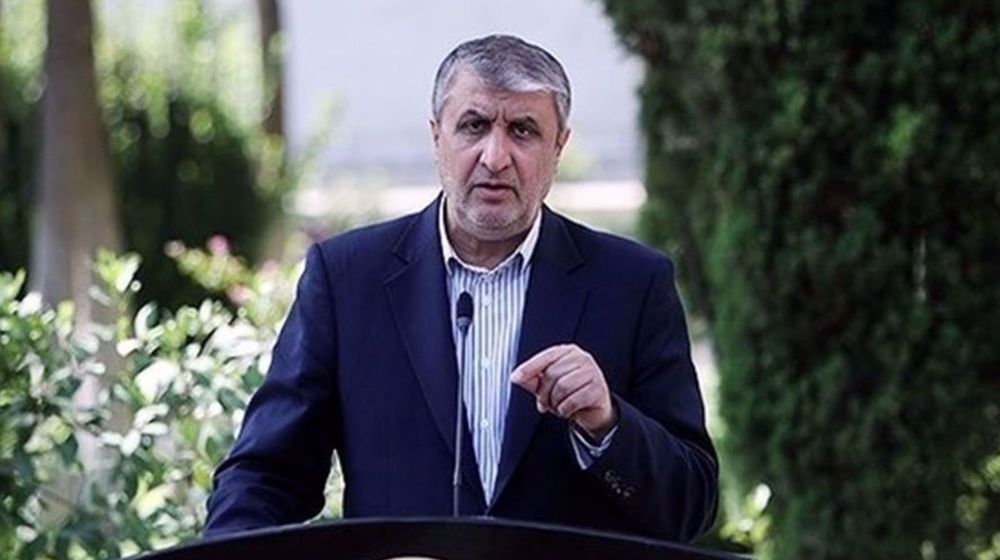
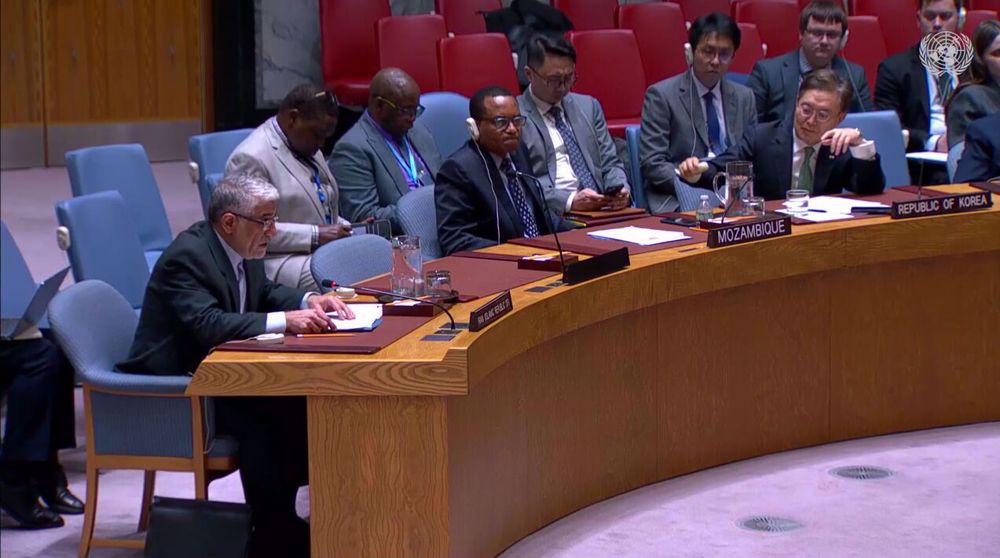
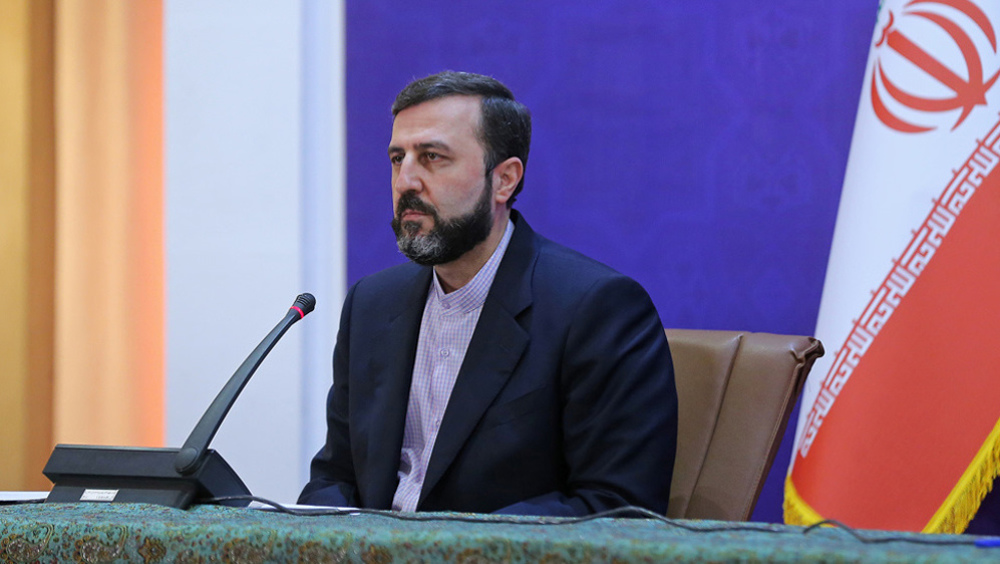



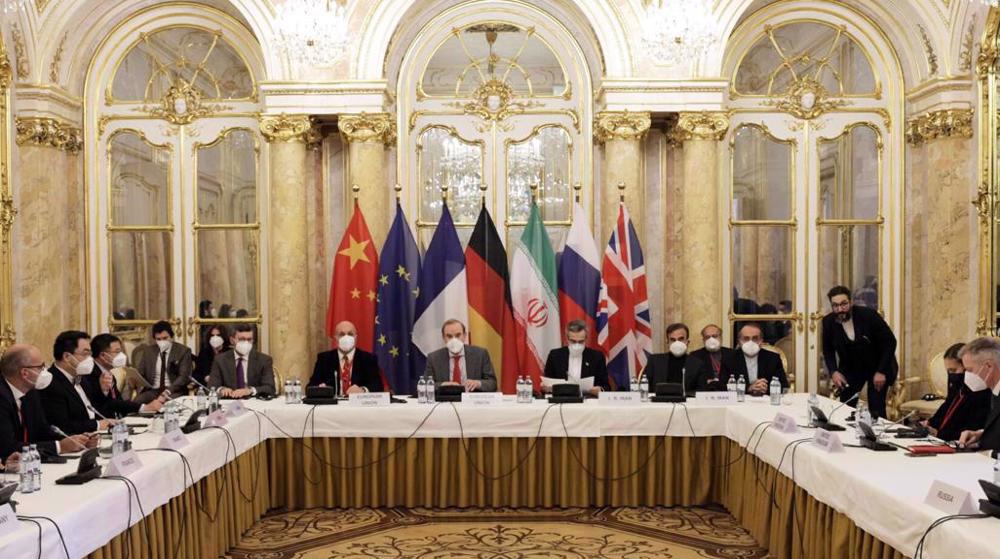
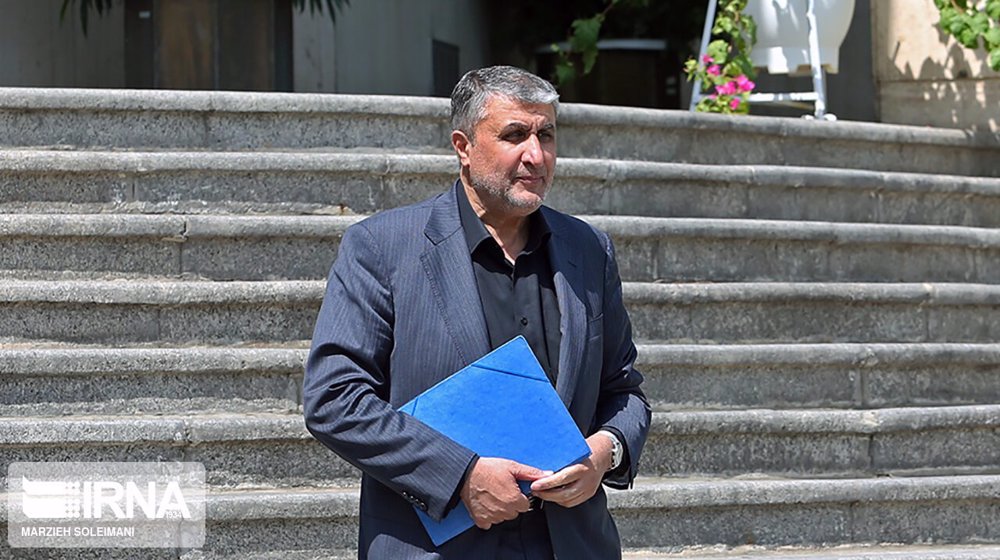
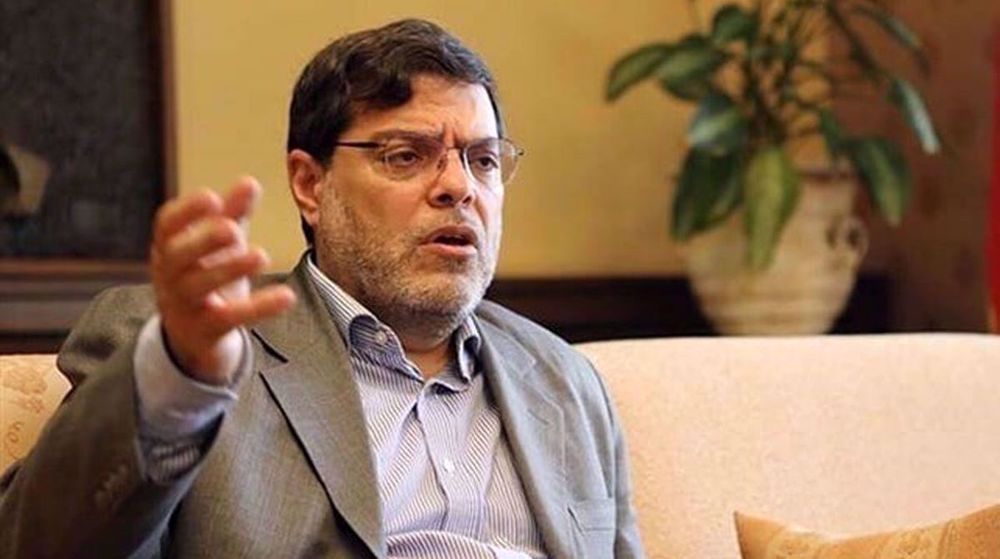

 This makes it easy to access the Press TV website
This makes it easy to access the Press TV website